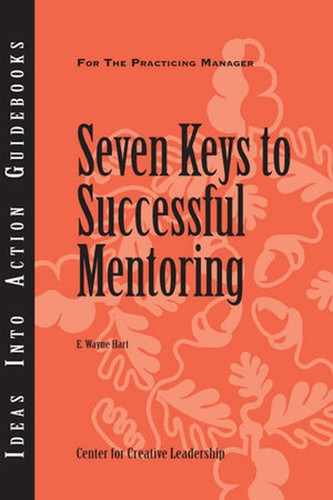What Is Mentoring?
Mentoring is an intentional, developmental relationship in which a more experienced and more knowledgeable person nurtures the professional and personal life of a less experienced, less knowledgeable person. Typically, a mentor has been in an organization or profession longer and has greater authority within the organization or profession than does a mentee. The combination of expertise and position enables a mentor to have significant impact on a mentee.
Mentoring relationships are developmental because they promote experiences that motivate individuals to learn and grow, expose them to learning opportunities, and provide support for the learning and growth. In many cases such relationships are mutually developmental, for mentor and mentee alike. Mentoring can be an informal process agreed to by the parties, or it can be formalized as an organizational initiative, with organizational structuring and monitoring, and organizationally aligned goals.
In order to further clarify the role and actions of a mentor, it may be helpful to differentiate mentoring from other developmental relationships. For example, performance outcomes are a primary focus of leaders, and their capacity to achieve those outcomes rests heavily upon the authority of their positions. The primary focus of a mentor is development of an individual with an eye to organizational outcomes; the capacity of the mentor to influence rests heavily on his or her ability to relate in a nonauthoritative way while, paradoxically, guiding the mentee from the perspective of a superior position and expertise. These differences have implications for organizational politics and interpersonal communications.
Mentoring can also be differentiated from its closest cousin, coaching. Mentoring has a different focus and range of functions. While coaching typically focuses on enhancing current job performance, mentoring focuses on career path. Mentors typically use coaching skills a great deal as they endeavor to guide a mentee; in this regard they manage the relationship, guide and counsel, motivate and inspire, serve as models, and rely heavily on questioning and listening skills. However, mentors also leverage their positions to sponsor mentees for developmental experiences and to survey the environment for threatening forces and opportunities. They leverage their expertise to transfer knowledge.
